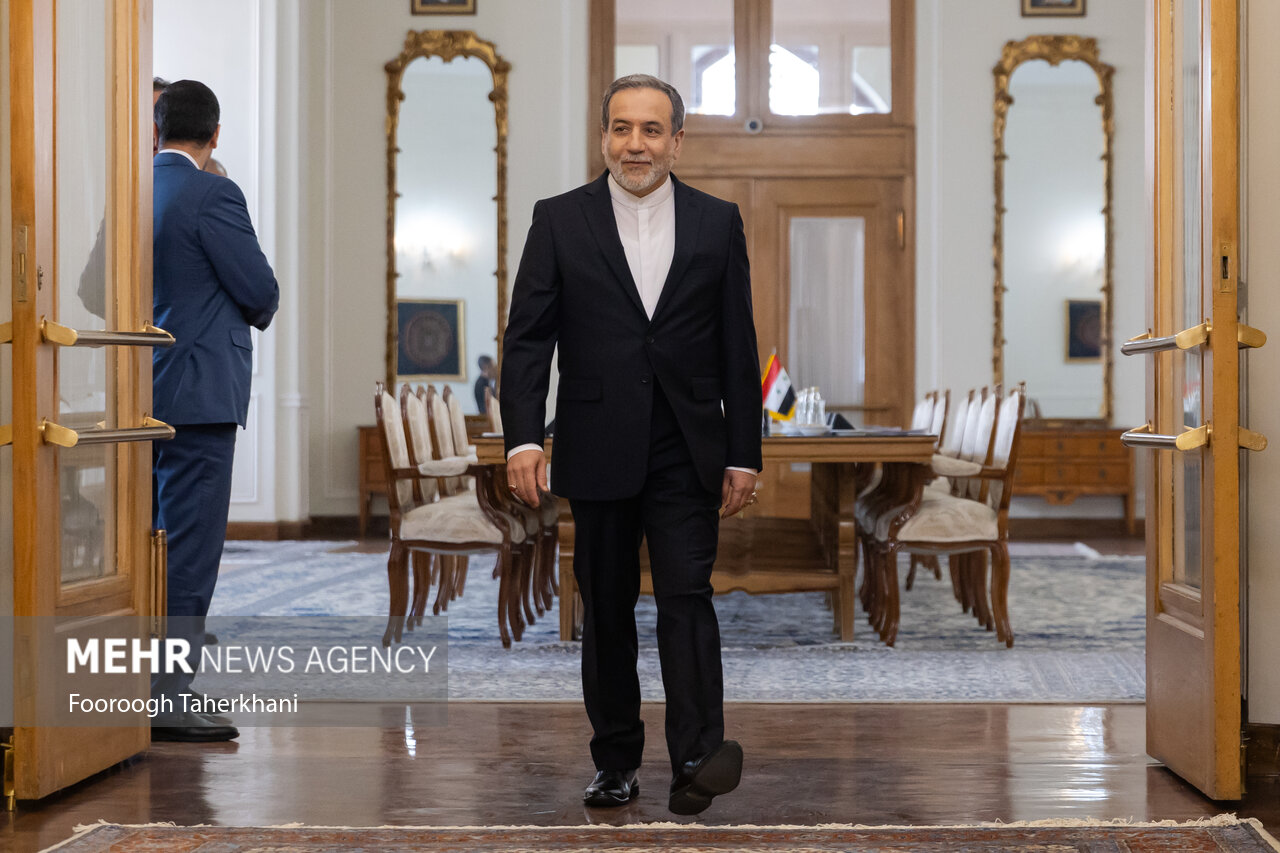ARTICLE AD BOX
On Saturday, July 6, the military rulers of Niger, Mali and Burkina Faso announced the creation of a confederation between the three countries, called the “Sahel Confederation,” in a move to confirm their complete break with the countries of the Economic Community of West African States (ECOWAS).
This comes after a series of decisions taken by the three countries throughout the year, through which they sought to sever any ties with ECOWAS. Last January, the leaders of the military councils of the three countries announced the immediate withdrawal of their countries from the Economic Community of West African States, and responded by saying that “this bloc has moved away from the values of the economic community, its founding fathers and African unity.”
In September 2023, Colonel Assimi Goita, head of the Malian military junta, Colonel Ibrahim Traoré, head of the Burkinabe military junta, and their Nigerien counterpart, General Abdourahmane Tiani, signed a joint defense agreement called the Liptako-Gourma Agreement.
The roots of the conflict between the three countries and the economic group go back to ECOWAS's harsh reactions to the coups that took place in those countries, which ranged from imposing harsh economic sanctions on them and freezing their membership, to threatening to use the card of military intervention to subdue the coup governments and restore rule to civilians.
Amidst this tension that led to the separation of Mali, Niger and Burkina Faso from their neighbors, the most important question remains: How will these three countries confront their geographical isolation, as they depended on the neighbors’ ports for most of their exports and imports? On the other hand, these decisions open up competition between North African countries to play the role of alternative to the goods of the “Sahel Confederation.”
The dilemma of geographical isolation
Mali, Niger and Burkina Faso are landlocked countries in West Africa, making them heavily dependent on neighbouring countries for access to seaports and foreign trade. Having separated from ECOWAS, which used to facilitate trade between the countries of the region, this geographical isolation poses significant challenges to the economies of the Sahel Confederation, particularly its foreign trade.
The newly formed confederation countries depend on the ports of Benin, Togo or Ivory Coast to exchange goods with the outside world, while foreign trade plays a vital role in the economies of these countries, given the weakness of their industrial infrastructure and the insufficiency of their local production to meet their internal needs, and their richness in natural energy and mineral resources that they export to the world.
According to the figures, foreign trade represents 35% of Niger's GDP. Total Nigerien exports in 2022 amounted to about $3.24 billion, including gold at $2.35 billion, radioactive chemicals at $150 million, and refined oil at $139 million, while the country's imports amounted to about $3.77 billion, including food, weapons, cars, and aircraft.
Similarly, foreign trade represents 69% of Mali's GDP, with a trade volume of about $7.76 billion in 2022. Gold alone represents more than $2 billion of Mali's exports, in addition to cotton at $258 million and animal hides, while the country imports petroleum oils, cement and machinery.
In Burkina Faso, foreign trade represents 59% of the country's GDP, with total trade amounting to about $12.25 billion in 2022. Gold topped these exports at $6.74 billion, while the main imports included refined oil at $1.19 billion, electricity at $166 million, and canned medicines at $164 million.
The withdrawal of the three countries from ECOWAS, which was a framework facilitating the movement of goods and people across borders between the countries of West Africa, is a major dilemma for the foreign trade of Mali, Niger and Burkina Faso, mainly represented by the imposition of higher customs duties by neighboring countries on transit goods, which increases trade costs and weakens its competitiveness.
In addition, companies in the three countries may face additional complications in complying with new rules and regulations, affecting the flow of goods and increasing operating costs.
Fierce competition among ECOWAS alternatives
These developments have contributed to the launch of fierce competition between neighboring countries, to compensate for the services provided by ECOWAS ports to the trio that left the economic group. This competition is increasing, especially between Morocco and Algeria, as each of them is betting on being the logistical alternative for the exports of the Sahel countries.
In November, Moroccan King Mohammed VI announced an initiative called the “Road to the Atlantic Initiative,” which would connect the countries of the Sahel region to Morocco’s Atlantic ports, via the Kingdom’s road and rail network.
The Moroccan monarch said that his country "is ready to put its infrastructure, roads, ports and railways at the disposal of these sister countries, believing that this initiative will constitute a fundamental transformation for them and the region." He added: "The problems and difficulties facing the countries of the Sahel region will not be solved by security and military dimensions alone, but by relying on an approach based on cooperation and joint development."
On December 23, the ministers of the African Sahel countries agreed during their meeting in the Moroccan city of Marrakesh to establish a national working group in each country to prepare and propose ways to activate King Mohammed VI’s initiative for the Sahel countries to benefit from the Atlantic Ocean.
On the other hand, Algeria is betting on its trans-Saharan highway as an alternative that can connect the Sahel countries to the northern coasts of the country, through Tunisian and then Algerian territory, and from there to Lagos, Nigeria, passing through Mali and Niger, as the total distance of the road is about 9,900 kilometers, 2,315 kilometers of which are inside Algerian territory.
The total cost of the project amounted to about 6 billion US dollars, for which Algeria allocated 2.6 billion dollars to complete its part. In 2022, the Algerian Ministry of Public Works announced that the road construction had reached advanced stages, as it had completed 90% of the process.
At that time, Algerian Trade Minister Kamel Rezig stated that the use of free trade zones, the trans-Saharan road and northern ports would enable his country to raise intra-trade exchanges with Africa to nearly 52%, compared to 16% currently.
In turn, former Minister of Public Works Kamal Nasir pointed out that the trans-Saharan road will revive Algerian ports, enable African exports to be linked to European markets, and stimulate trade between these countries and their counterparts on the other side of the Mediterranean.
.png)
 4 months ago
3
4 months ago
3









 English (US)
English (US)